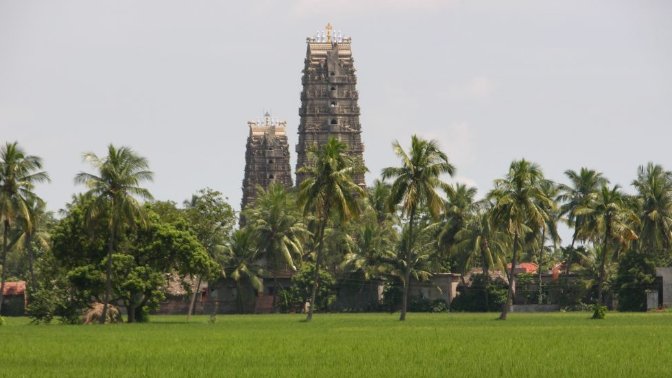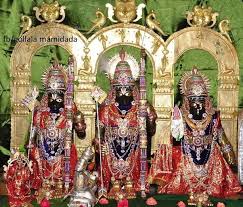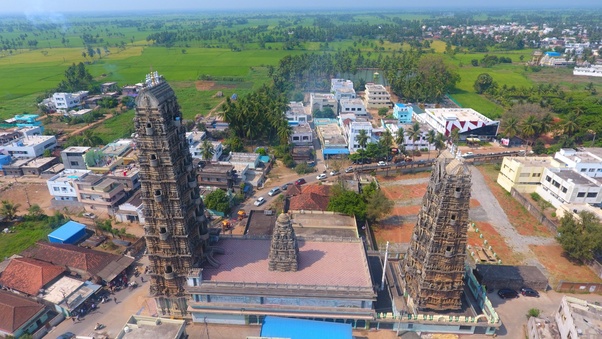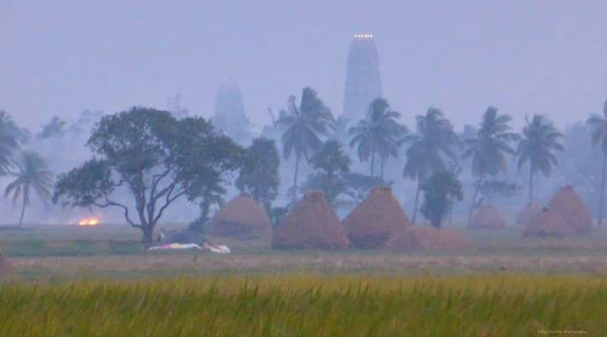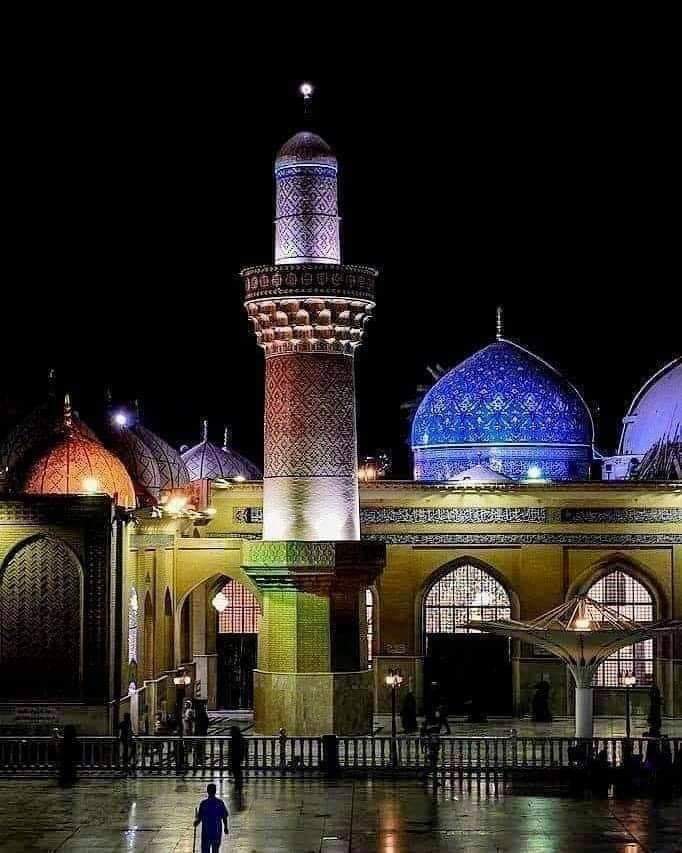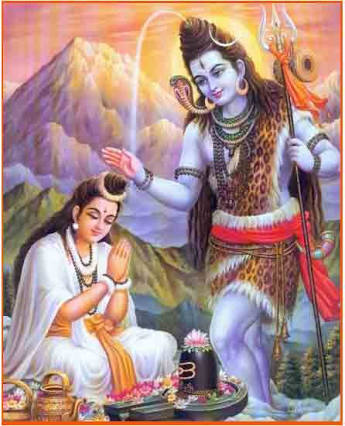2/n
It's done: The IT Rules, 2021, are officially in play. We cannot stress this enough - this fundamentally changes the Indian internet. Please RT this thread on the Rules and how they bring government control over digital media like never before.
https://t.co/S7K9wnIkvI
1/n
2/n
3/n
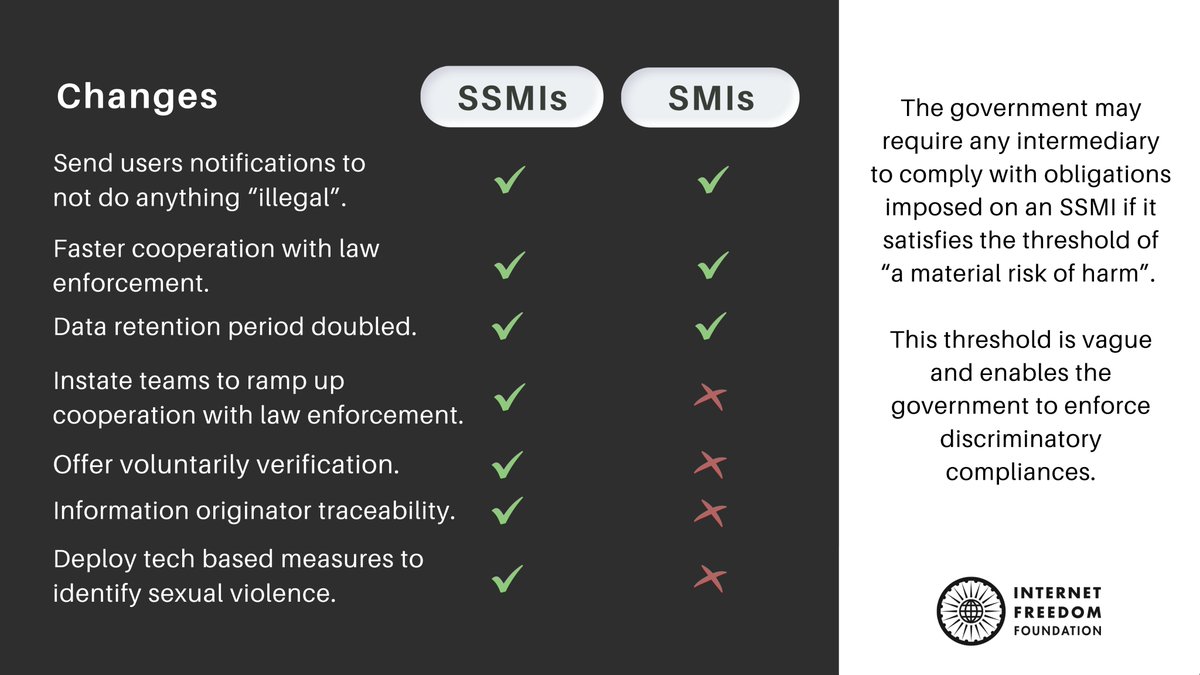
Content takedown after receiving orders: 36hrs
Providing info to law enforcement: 72hrs
Requests to remove sexual content: 24hrs
Redressal by grievance officers: 15 days
4/n
5/n
Further, web services will now notify you at least once a year not to do anything “illegal” - get ready for lots of spam in your inbox.
6/n
They must also deploy tech to identify sexual violence content, which leads to function creep.
7/n
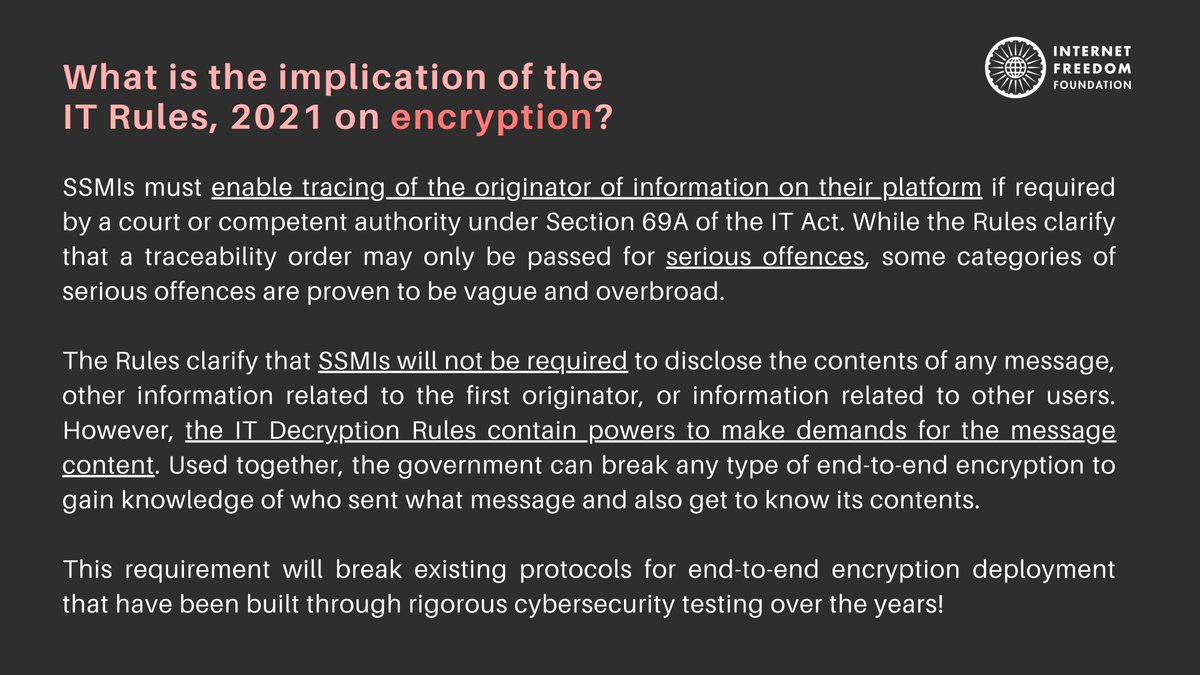
There is excessive delegation of powers - e.g. the government's “oversight committee”.
8/n
9/n
10/n
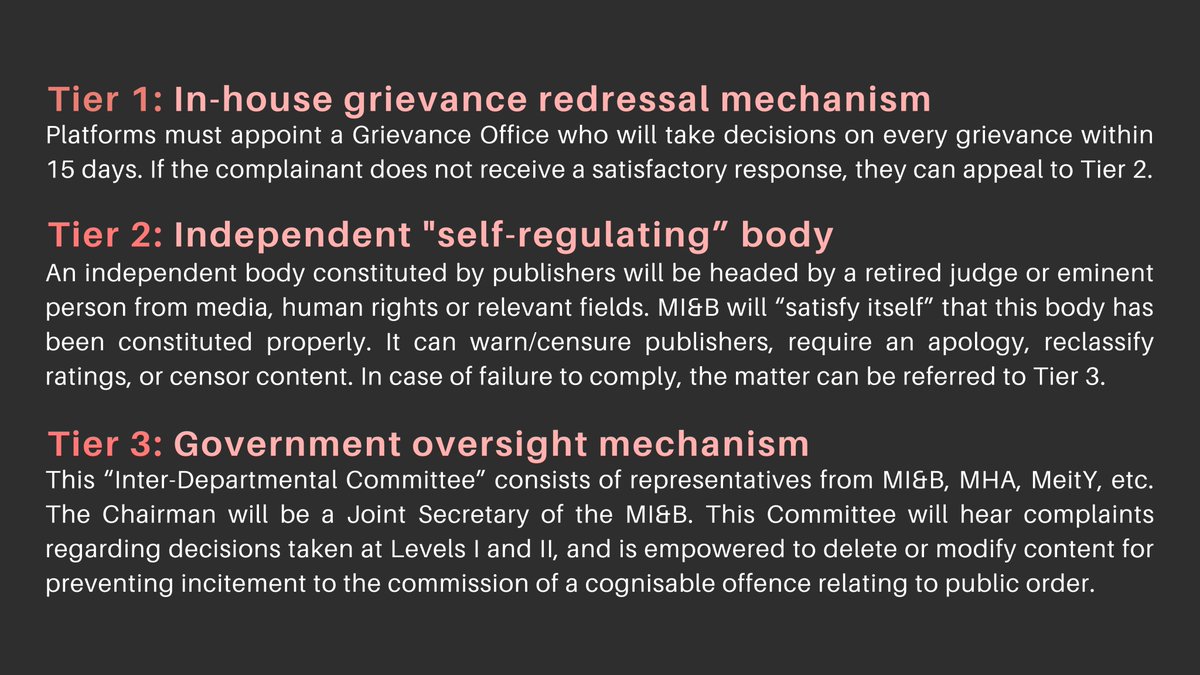
The Rules state a loss of immunity with consequences including criminal prosecution in case of non-compliance for all intermediaries.
11/n
Please support us so that we can continue standing up for your rights!
https://t.co/HYJIJBakov
12/n
More from India
You May Also Like
I'm going to do two history threads on Ethiopia, one on its ancient history, one on its modern story (1800 to today). 🇪🇹
I'll begin with the ancient history ... and it goes way back. Because modern humans - and before that, the ancestors of humans - almost certainly originated in Ethiopia. 🇪🇹 (sub-thread):
The first likely historical reference to Ethiopia is ancient Egyptian records of trade expeditions to the "Land of Punt" in search of gold, ebony, ivory, incense, and wild animals, starting in c 2500 BC 🇪🇹
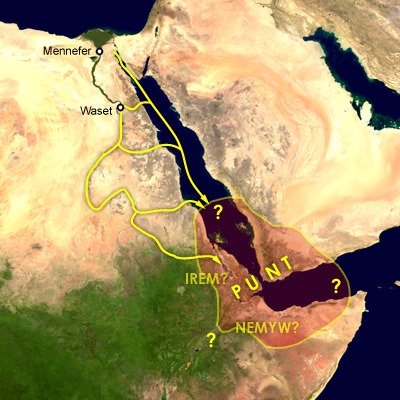
Ethiopians themselves believe that the Queen of Sheba, who visited Israel's King Solomon in the Bible (c 950 BC), came from Ethiopia (not Yemen, as others believe). Here she is meeting Solomon in a stain-glassed window in Addis Ababa's Holy Trinity Church. 🇪🇹
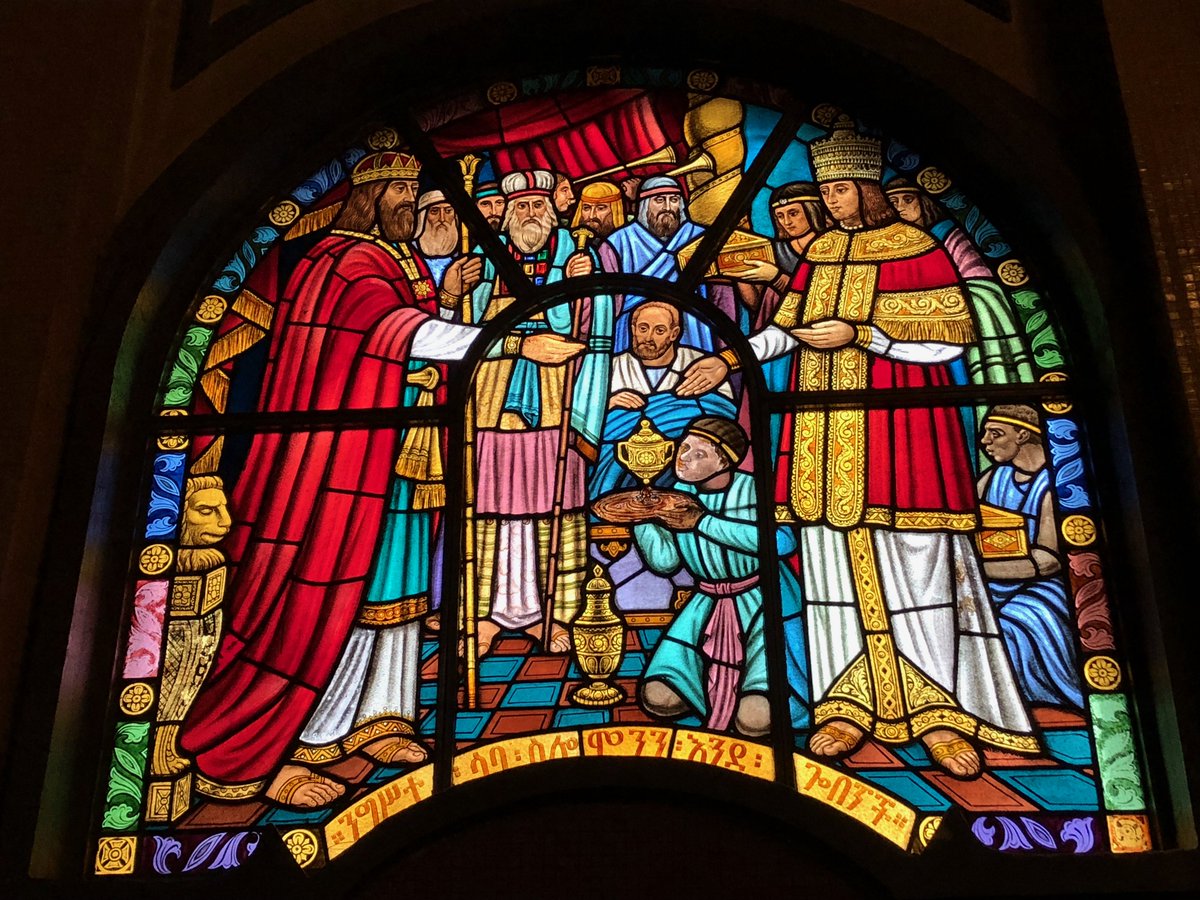
References to the Queen of Sheba are everywhere in Ethiopia. The national airline's frequent flier miles are even called "ShebaMiles". 🇪🇹
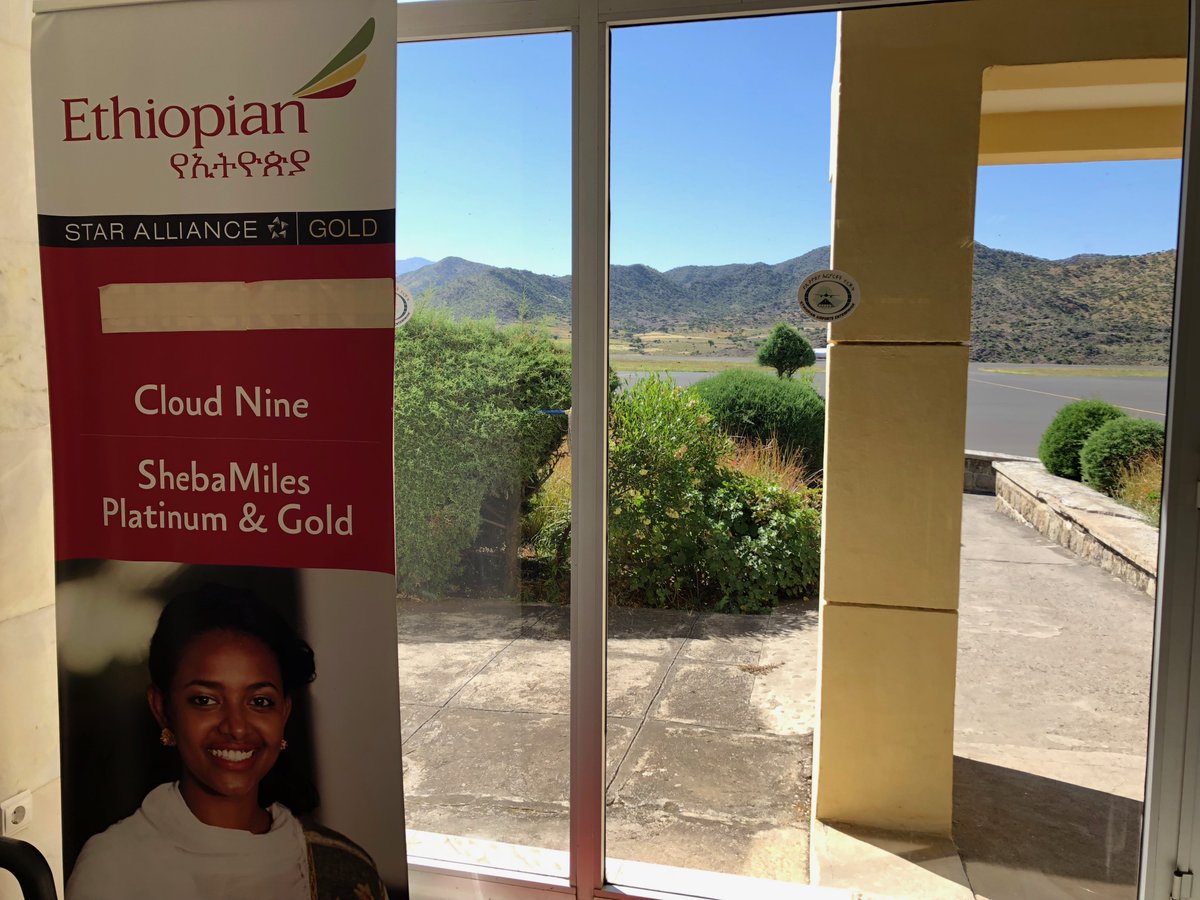
I'll begin with the ancient history ... and it goes way back. Because modern humans - and before that, the ancestors of humans - almost certainly originated in Ethiopia. 🇪🇹 (sub-thread):
The famous \u201cLucy\u201d, an early ancestor of modern humans (Australopithecus) that lived 3.2 million years ago, and was discovered in 1974 in Ethiopia, displayed in the national museum in Addis Ababa \U0001f1ea\U0001f1f9 pic.twitter.com/N3oWqk1SW2
— Patrick Chovanec (@prchovanec) November 9, 2018
The first likely historical reference to Ethiopia is ancient Egyptian records of trade expeditions to the "Land of Punt" in search of gold, ebony, ivory, incense, and wild animals, starting in c 2500 BC 🇪🇹

Ethiopians themselves believe that the Queen of Sheba, who visited Israel's King Solomon in the Bible (c 950 BC), came from Ethiopia (not Yemen, as others believe). Here she is meeting Solomon in a stain-glassed window in Addis Ababa's Holy Trinity Church. 🇪🇹

References to the Queen of Sheba are everywhere in Ethiopia. The national airline's frequent flier miles are even called "ShebaMiles". 🇪🇹





